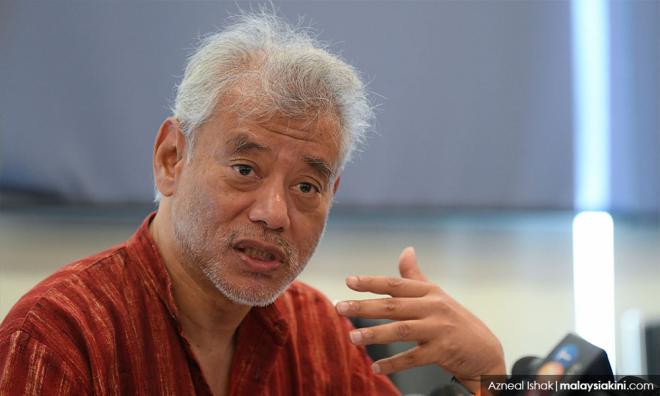
CORONAVIRUS | Malaysia lost three weeks in its battle against Covid-19 due to a political vacuum brought by a political crisis in late February, said economist Jomo Kwame Sundaram.
Jomo, who noted that the previous Pakatan Harapan government initially kept the doors open to tourists including from China had by early February changed its position, which he described as "not too late".
Speaking in an online dialogue titled "Beyond Lockdown: Towards New Normal" by the Oxford & Cambridge Society of Malaysia, he also pointed out that Malaysia had begun testing for Covid-19 as early as Jan 3.
"But due to the uncertainty of the political situation, we arguably lost around three weeks.
"We lost because of the uncertainty, lack of leadership and more importantly, the lack of resources which we badly needed to purchase such as testing equipment.
"Whatever progress we had in early action from January were largely lost in the following weeks," he said.
He added the problem was aggravated by the lack of competence from a few ministers.
"Fortunately, the prime minister recognised the gravity of the problem and worked closely with the Health Ministry director-general (Noor Hisham Abdullah)," he said.

The political crisis Jomo was referring to was the "Sheraton Move" which led to the collapse of the Harapan government in late February after less than two years in power.
Bersatu president Muhyiddin Yassin, in cooperation with PKR defectors led by then PKR deputy president Azmin Ali, led an en masse defection to the opposition.
They formed a new coalition, the Perikatan Nasional, by joining forces with Umno, PAS, GPS and other minor parties.
It is referred to as the "Sheraton Move" as the defecting MPs initially gathered at Sheraton Hotel, Petaling Jaya on Feb 23.
However, the plan did not go smoothly and was plagued by delays due to back and forth defections. Muhyiddin was only sworn in as the new PN prime minister on March 1.
Malaysia began consistently recording more than 100 daily Covid-19 cases starting on March 15.
Three days later, the country went into a partial lockdown called the movement control order (MCO).
The lockdown is expected to expire on April 28 if there is no third extension.
Jomo also pointed out that even after the MCO, life won't go back to normal.
"This is not like any of the recent financial crises where we can go back to business as usual," he said.
Jomo said people would need to cope with a "new normal" where social distancing has to be part of daily life.
"We have to recognise the importance of the precautionary measures of physical distancing - that is the responsibility of all of us.
"Our way of life will change fundamentally," he said.
The World Health Organisation (WHO) has warned countries against lifting their lockdowns too soon as they risk facing new Covid-19 outbreaks.
The coronavirus is unlikely to be eradicated until a vaccine is created which is estimated to be more than a year away. - Mkini


No comments:
Post a Comment
Note: Only a member of this blog may post a comment.